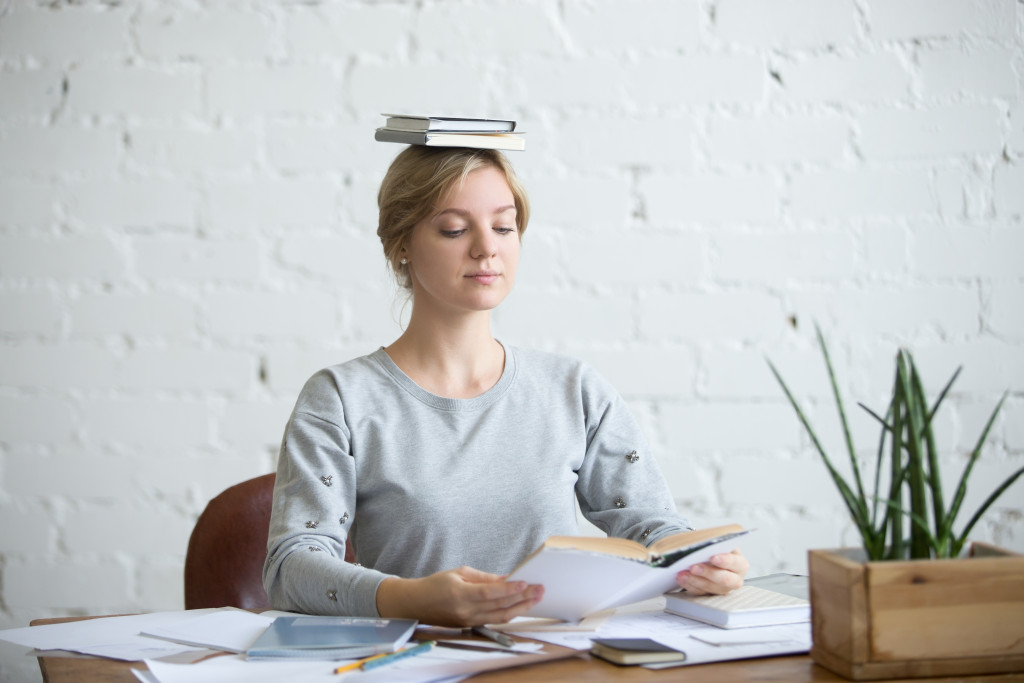Staying too long inside the house can lead to physical and emotional problems. Unfortunately, we’ve been subjected to several months of isolation because of the still unresolved COVID-19 pandemic.
Unless you have a gym or a pool and regularly use them, the past months cooped up at home had likely been spent sitting or lying down. The lack of exposure to the sun, limited interaction with people, and limited movements are by now most likely causing you anxiety, and in some, the start of a depression.
It is therefore necessary that we don’t only guard against the direct health impacts of the virus. We should also be wary of the changes it has caused in our daily routines, affecting our mental and physical states. In some cases, a stressful situation might have already impacted our relationships. If it has gone beyond the occasional bickering, couples should go for therapy before it blows out of control. Even the children, if experiencing severe symptoms of depression, should seek professional counseling.
While a regular brisk walk or jog outside in places without crowds could address your need for exercise, a few things doable at home can alleviate mental pressures. These are especially for those who have started to feel despondent after a lifestyle on the go.
Keep track of your accomplishments
List the things you accomplished in a day. List the simplest of tasks like watering the plants or washing the dishes. A sense of accomplishment could motivate you to do more tasks, bigger tasks. It also gives you confidence that you are still capable of doing work.
Volunteer for altruistic goals
They say the best feeling is helping others, having an altruistic goal, which strengthens our sense of belonging in our society. Indeed, when we concern ourselves with greater issues outside our personal lives, we would gradually feel that our worries and anxieties are insignificant. When we think, for example, of the concerns of the homeless, our worry that we have a cracked porch pales in comparison.
Mass mobilizations might not be the safest actions right now, but there are other things that advocacy organizations are doing. Right now, many are doing online campaigns so it would be very easy for you to join.
Enjoy music
If you’ve never heard of music therapy, it’s the perfect time to look into it. As the great musician, Elton John said, ‘Music has healing power. It has the ability to take people out of themselves for a few hours.’
The use of music for therapy has been around in the U.S.A. from the start of the 20th century when musicians would go around hospitals to perform for those that had been injured or traumatized by the war. Today, it continues to aid not only emotional stress but also in physical therapy.
Sit in the sun in the early morning hours
We get a large dose of Vitamin D from sunlight. Although not a primary treatment for depression, studies have shown that Vitamin D strengthens a person’s sense of well-being and thus could alleviate an individual’s mood.
Although sunshine streams through your windows daily, it’s not the same as bathing in sunlight. Besides, it allows you to breathe some fresh air instead of continually exposing your lungs to the stuffy air inside the house.
Change your routine occasionally

If you have been doing the same thing from the moment you wake up to the hour you head back to bed, now that most of the days your movement is just within the home, it could get depressing.
Try shuffling the things you do. If you are doing work from home, change your location throughout the day. If you have a home office, you could work there until you could no longer focus.
Find a relaxing hobby
It could be reading, gardening, or cooking. Whatever it is, try to do something that’s far from your work. If you’re reading too much in your work, you could use your break time to allow your eyes to relax a bit.
You can also try out productive skills like woodwork, crafts making, and other things that would keep your hands busy and not your eyes. It’s also good to learn a musical instrument. There’s no age limit when a person could start learning. You don’t have to reach a professional level and just play to your heart’s content.
There are other ways to keep our mental state healthy while physically distancing ourselves from people. In this age, we thankfully have different means of reaching out to others without touching. But beyond this, what is most important right now is to learn and understand how we could feel satisfied and contented even just by ourselves.